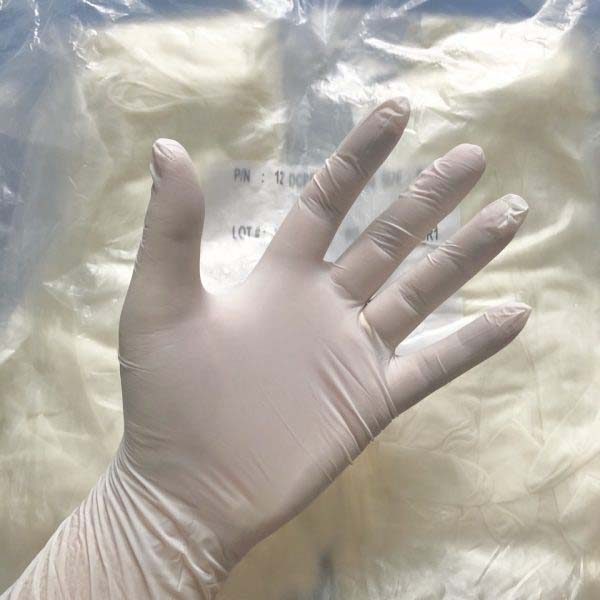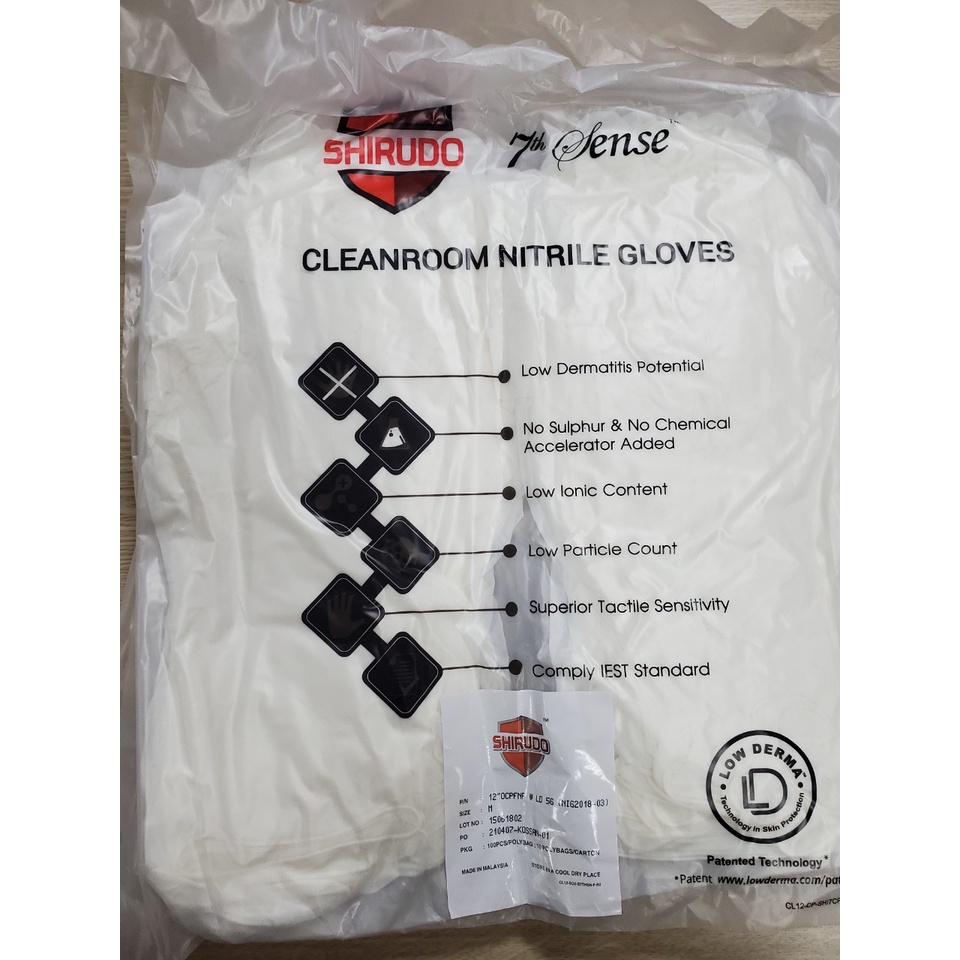DA NANG: 126 Dien Bien Phu, Thanh Khe, Da Nang
HO CHI MINH: 140 Vo Van Kiet, District 1, Ho Chi Minh
DA NANG: 126 Dien Bien Phu, Thanh Khe, Da Nang
HO CHI MINH: 140 Vo Van Kiet, District 1, Ho Chi Minh
As occupational safety and personal hygiene are becoming top priorities, nitrile gloves have emerged as the leading choice across various industries — from healthcare and food processing to heavy industry. With outstanding chemical resistance, excellent elasticity, and user comfort, nitrile gloves not only meet stringent safety standards but also enhance daily work performance.
Nitrile gloves are synthetic rubber gloves made from nitrile butadiene rubber (NBR), a copolymer created by combining acrylonitrile and butadiene. This unique formulation offers superior resistance to chemicals, oils, and solvents compared to natural rubber.
Unlike latex gloves, which can trigger allergic reactions in some users due to natural latex proteins, nitrile gloves are latex-free, eliminating the risk of allergies and making them suitable for a wider range of users.

✔ Superior Chemical and Oil Resistance
Nitrile gloves are highly resistant to a wide variety of hazardous chemicals, solvents, acids, and oils. This provides excellent protection for workers exposed to cleaning agents, industrial solvents, or laboratory chemicals.
✔ Hypoallergenic – No Latex Allergy Risks
Since they contain no natural latex proteins, nitrile gloves are non-allergenic and prevent latex-related contact dermatitis. This is especially crucial in medical and food industries, where skin safety is essential.
✔ Durable and Flexible
Nitrile gloves offer high tensile strength and excellent elasticity, making them more tear-resistant than standard PVC gloves. They provide reliable hand protection without causing discomfort during extended use.
✔ High Tactile Sensitivity
Despite their strength and thickness, nitrile gloves maintain excellent tactile sensitivity, making them ideal for precision tasks such as surgery, handling electronic components, or delicate food preparation.

Nitrile gloves are widely used in the following sectors:
Healthcare & Medical: Used in hospitals, clinics, dental practices, and laboratories to prevent cross-contamination and maintain sterile conditions.
Food Industry: Ensure hygiene and food safety during processing and packaging.
Manufacturing & Assembly: Especially in electronics, machinery, and chemical industries.
Cleaning & Industrial Sanitation: Protect hands from harsh cleaning chemicals.
Domestic Use: Cooking, gardening, cleaning, and other household tasks.

Nitrile gloves on the market can be classified by:
Powdered vs. Powder-Free: Powder-free gloves are preferred in medical and food settings to avoid contamination, while powdered gloves are easier to put on when hands are moist.
Color Options: Most common colors include white, blue, and black.
Thickness: Disposable (thin and convenient) or reusable (thicker for stronger protection and chemical resistance).
To ensure optimal performance, keep the following in mind when choosing nitrile gloves:
Choose the right size for a comfortable fit and ease of movement.
Ensure the gloves meet quality standards such as FDA, CE, or ISO certifications.
Buy from reputable brands and suppliers with clear product origins.
Store properly in a cool, dry place away from direct sunlight or heat to prolong shelf life.
Nitrile gloves are a modern, efficient, and versatile safety solution that suits almost every working environment today. If you are looking for gloves that are safe, durable, and allergy-free, nitrile gloves are your ideal choice. Investing in nitrile gloves means investing in safety, productivity, and professionalism.
Nitrile Latex Gloves
Nitrile Latex Gloves
Nitrile Latex Gloves
Nitrile Latex Gloves
Nitrile Latex Gloves
Nitrile Latex Gloves
Nitrile Latex Gloves
Nitrile Latex Gloves
Reviews
There are no reviews yet.